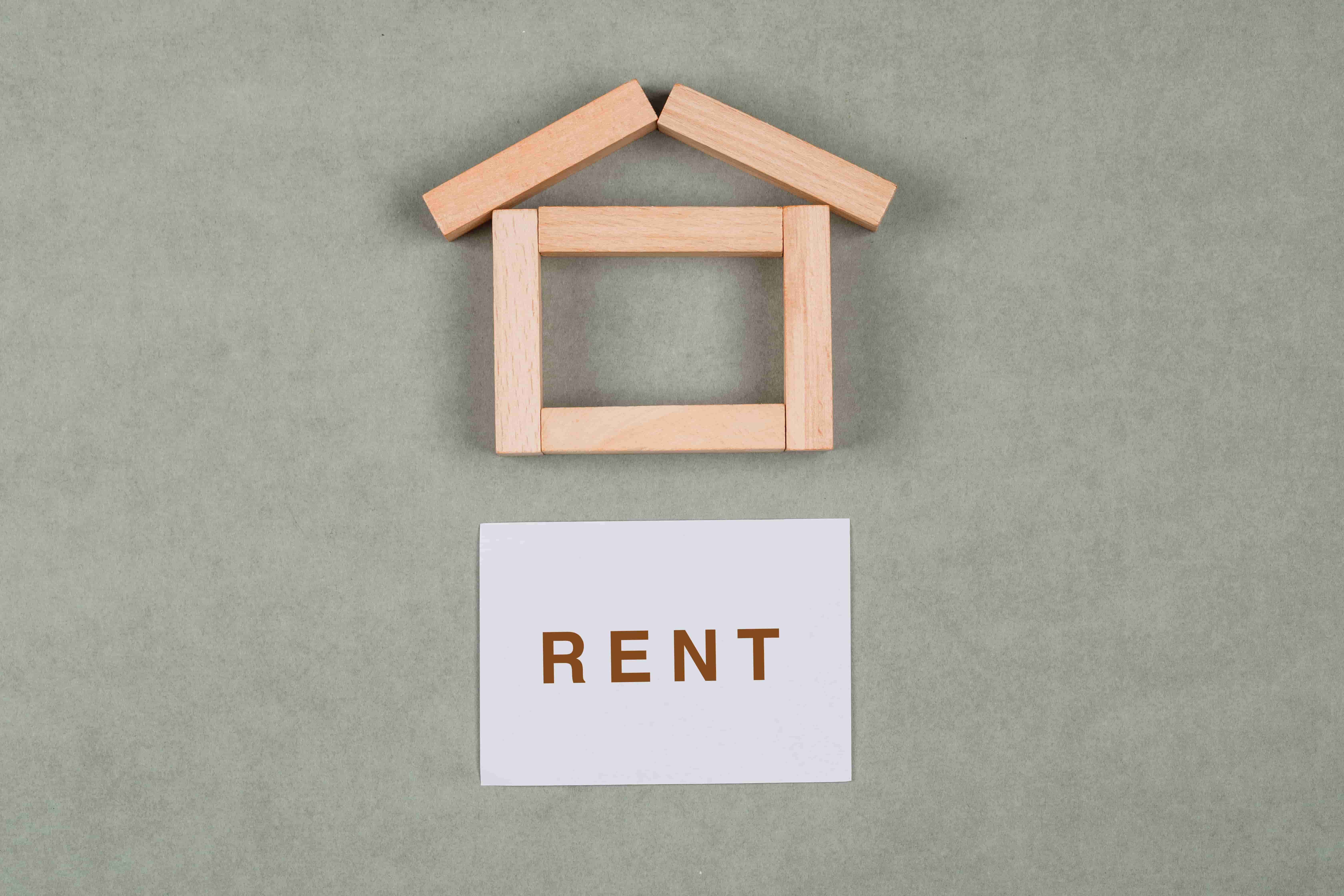Investing in rental property is one of the most reliable ways to build wealth in the Philippines. Whether it’s a condo unit in the city, an apartment building, or a family home you’ve decided to lease, rental income provides a steady cash flow that can help you achieve financial stability.
But here’s what many first-time and even long-time landlords sometimes overlook: rental income is taxable. Just like other types of earnings, income from property leasing is subject to the rules of the Bureau of Internal Revenue (BIR). And while the thought of taxes may sound intimidating, knowing how it works will actually protect your investment, give you peace of mind, and allow you to maximize your earnings without fear of penalties.
So if you’re renting out property—or planning to—this guide will walk you through what you need to know about taxes for rental property in the Philippines.
Why Rental Income is Taxable
In the Philippines, any money you earn is generally subject to tax, and that includes earnings from leasing or renting property. The logic is simple: if you’re generating income, a portion of it is considered your contribution to public funds that help sustain infrastructure, services, and community programs.
For rental property owners, this means your lease payments from tenants count as part of your taxable income. It doesn’t matter whether you:
- Have a single condo unit listed for lease,
- Manage multiple apartments, or
- Advertise your property through rental listings and online platforms like Airbnb or Facebook Marketplace.
If you’re earning from your property, you are required to:
✔️ Register your rental activity with the BIR,
✔️ Secure a Tax Identification Number (TIN),
✔️ Issue official receipts to tenants, and
✔️ File and pay the correct taxes.
By doing so, you’re not only staying on the right side of the law—you’re also establishing yourself as a legitimate and trustworthy landlord.
What Taxes Do You Pay on Rental Property?
When it comes to BIR taxes, here are the main ones every property owner should know:
1. Income Tax
Your rental earnings are included in your total annual income. Landlords can choose between:
- The graduated income tax rate (progressive, depending on your income bracket), or
- The 8% income tax on gross receipts (if you qualify and it’s more beneficial).
2. Percentage Tax or VAT
- If your annual rental income is ₱3,000,000 or below, you pay Percentage Tax (3%).
- If your rental income is above ₱3,000,000, you must register as a VAT taxpayer and pay 12% VAT.
3. Documentary Stamp Tax (DST)
Every time you sign a lease contract, the DST applies. It’s a small but mandatory tax that makes your rental agreement legally enforceable.
Filing and Deadlines
Rental property owners are required to file regularly with the BIR:
- Quarterly income tax returns – every April, August, and November
- Annual income tax return – every April
- Percentage Tax or VAT returns – filed quarterly
- Documentary Stamp Tax – filed upon lease contract execution
Keeping track of these deadlines is crucial. Missing them means surcharges, penalties, and unnecessary stress.
Why Compliance Matters for Landlords
Some landlords think they can get away without paying taxes—especially if they’re only renting out one unit. But the reality is, with today’s technology and the popularity of rental listings, the BIR can easily spot unregistered rental activities.
When you comply with BIR requirements, you’re not just avoiding penalties—you’re also:
✔️ Protecting your income. Penalties, surcharges, and back taxes can eat up a big chunk of your rental earnings. Compliance keeps more of your money in your pocket long-term.
✔️ Building credibility with tenants. Issuing official receipts shows professionalism and gives tenants confidence they’re dealing with a legitimate landlord.
✔️ Future-proofing your rental business. If you decide to expand your rental properties or apply for a business loan, having proper tax records strengthens your credibility with banks and investors.
In short, paying your BIR taxes isn’t just an obligation—it’s an investment in the security and growth of your rental business.
Handling taxes for rental property in the Philippines may feel overwhelming at first, but you don’t have to do it alone.
At Tax Assist PH, we help property owners like you register with the BIR, understand your tax obligations, and file correctly—without the hassle.
The best part? Your initial tax consultation is FREE and comes with no commitment. We’ll walk you through your options, answer your questions, and give you the clarity you need to manage your rental income properly.
Send us a message at taxassistph@gmail.com today and let’s get your rental business fully compliant—stress-free!
www.taxassistph.com



3 responses to “Taxes for Rental Property in the Philippines: What Landlords Need to Know”
[…] Percentage tax or VAT: If your annual rental receipts are below a certain threshold (for example below ₱3 million), you may be subject to percentage tax instead of VAT; if above, VAT applies. […]
What tax type if your business is rental( commercial stall or space)?
Rental income from a commercial stall or space is subject to Income Tax and Business Tax (Percentage Tax or VAT, depending on gross receipts). If applicable, withholding tax on rent may also apply.